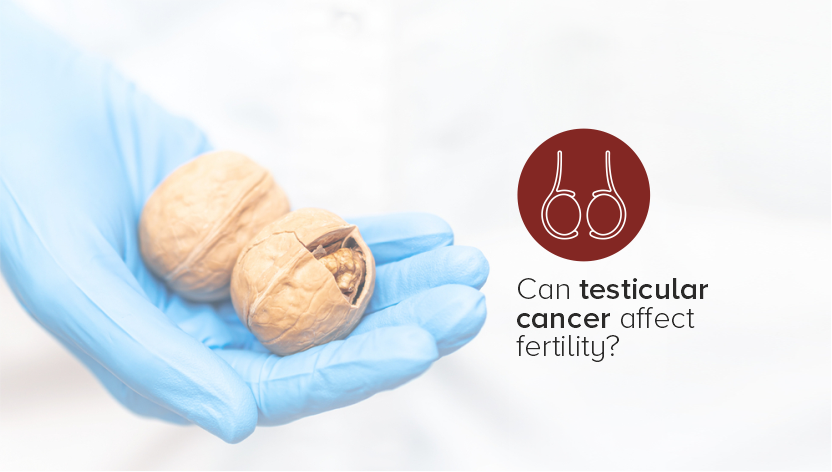When it comes to health concerns, particularly those involving cancer, it's natural to have questions and seek out reliable information. For men, one important query is whether testicular cancer can affect fertility. Testicular cancer primarily affects younger men, typically between the ages of 15 and 35, a period when many are considering starting a family.
